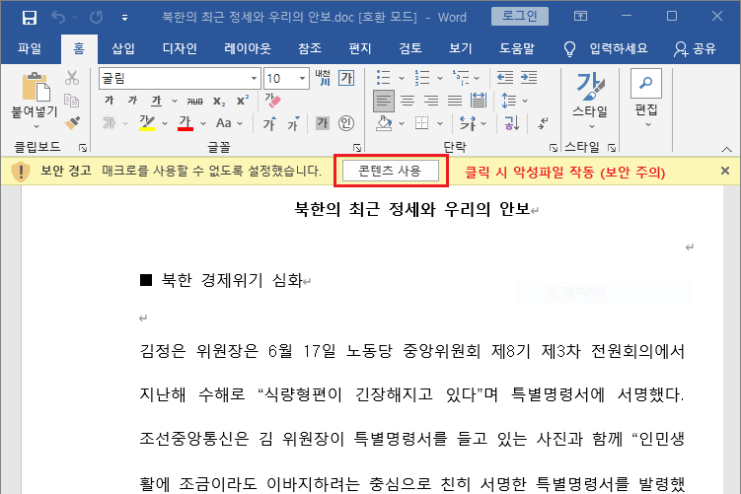US Department of Labor finds Salt Lake City restaurant supply company illegally employed 22 minor-aged workers beyond hours allowed
SALT LAKE CITY – A federal investigation has found a Salt Lake City restaurant supply company allowed 22 employees – ages 14 and 15 – to work as many as 46 hours per workweek, and to begin work after midnight – both illegal practices under child labor laws.
Investigators with the U.S. Department of Labor’s Wage and Hour Division found Specialty Consulting Services LLC – operating as Standard Restaurant Supply – violated child labor work hours standards of the Fair Labor Standards Act. The employer also failed to keep accurate time records including the date of birth for one minor-aged employee, in violation of the FLSA’s recordkeeping provision.
The division assessed $16,595 in penalties to resolve the child labor violations.
The investigation follows a March 2022 announcement by the division’s Southwest Region reminding Salt Lake City-area employers of the importance of complying with federal child labor laws, and its stepped up enforcement efforts.
“Minors as young as 14- and 15-years-old not only worked beyond permitted hours, but more than half of them were employed in violation of the Fair Labor Standards Act by being allowed to work long shifts often exceeding eight hours,” explained Wage and Hour Division District Director Kevin Hunt in Salt Lake City. “Our investigators continue to see an increase in child labor violations in several industries. We will take vigorous action whenever we discover young workers’ safety and well-being are being jeopardized by employers who fail to follow the law.”
Federal labor law prohibits the employment of workers under the age of 14 in non-agricultural settings. 14- and 15-year-olds must work outside of the hours of school and cannot work:
- More than 3 hours on a school day, including Friday.
- More than 18 hours per week when school is in session.
- More than 8 hours per day when school is not in session.
- More than 40 hours per week when school is not in session.
- Before 7 a.m. or after 7 p.m. on any day, except from June 1 through Labor Day, when nighttime work hours are extended to 9 p.m.
“We urge employers in the region to gain a full understanding of child labor regulations and ensure…



